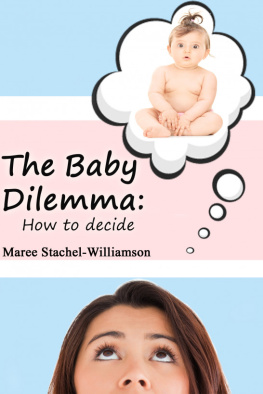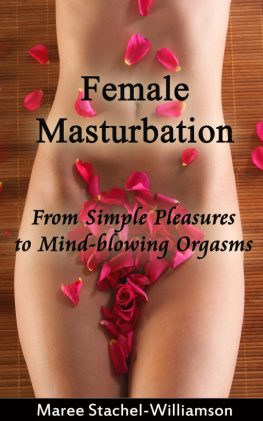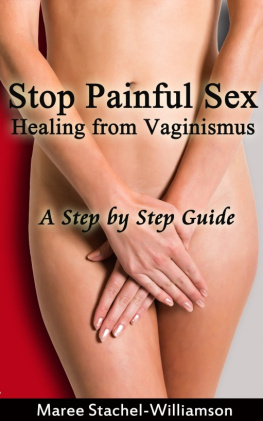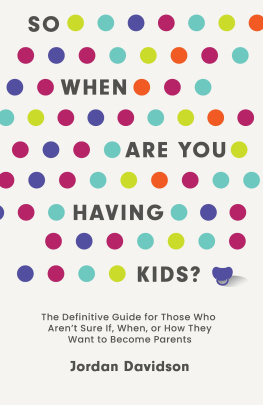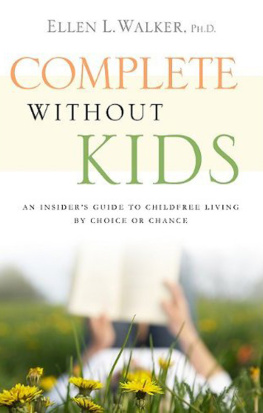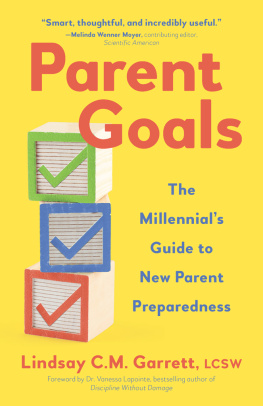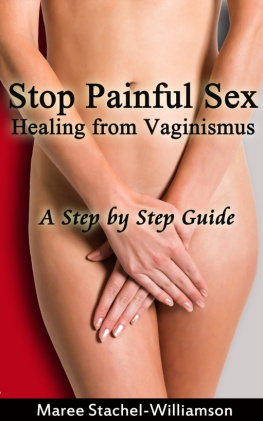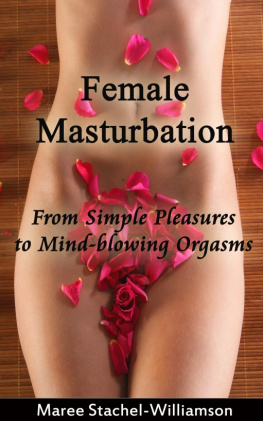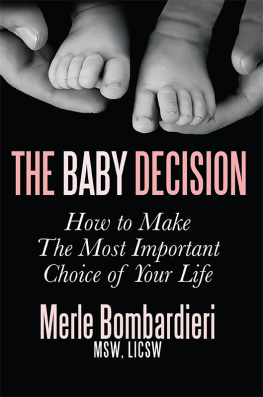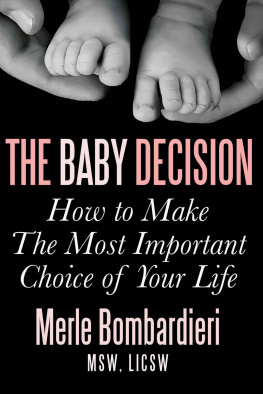The Baby Dilemma: How toDecide
By Maree Stachel-Williamson
Smashwords Edition
Copyright (c) 2014 MareeStachel-Williamson
All Rights Reserved
Smashwords Edition, License Notes
This ebook is licensed for your personalenjoyment only. This ebook may not be re-sold or given away toother people. If you would like to share this book with anotherperson, please purchase an additional copy for each recipient. Ifyou are reading this book and did not purchase it, or it was notpurchased for your use only, then please return to Smashwords.comand purchase your own copy. Thank you for respecting the hard workof this author.
TABLE OF CONTENTS
1. How well do you cope with change andunpredictability?
2. Life enjoyment How important are elements of your childfreeexistence?
3. Looking into the future
4. Looking back from the future
Considering levels of regret
6. What if ..?
7. The unknown chapter
8. Reactions to pregnancies
9. Natural desire
10. Security and support
11. What are your priorities?
12. Decision making
13. Body acceptance
14. Life values
15. Family values
16. The role of memories
17. Age
18. What makes you, you?
19. Considering the pro's and con's - Canyou get each without the situation of baby or no baby?
20. How confident are you in raising achild?
21. The question of cost
"Happiness is when what you think, what yousay,
and what you do are in harmony."
Mahatma Gandhi
"With every experience, you alone arepainting your own canvas,
thought by thought, choice by choice."
Oprah Winfrey
Prologue
From an early age I thought I'd have my ownchildren. I helped raise my little brother who is 10 years youngerthan me. I've cared for over 30 children ranging from babies toyoung teenagers. I saved my favorite books from my childhood "formy own children" and still have them on my bookshelf as I amwriting this book. I looked at boyfriends and wondered if theywould make 'good dads'. I read books on child psychology andparenting and even kept a inspiring text book from University onraising children with special needs justin case.
I feel very fortunate that I haven't beensubjected to endless queries of 'when' or 'if' I am going to havechildren that I hear other women are bombarded with from friendsand family. The only 'grandchildren speech' I've ever had from mymother was on her 48th birthday when she told me she didn't want tobecome a grandmother before the age of 50.
Every now and then, my friends and I havejoked about who's going to be the next to have kids and peopleoften ask if I have children. But I don't feel any pressure fromthem or from society.
When I hit my 30s, I suddenly noticed a newpressure from within myself about the decision. This was due tobeing close to the age I thought I would be when starting a family.And therefore, this is also when I began to ponder the decisionseriously. To my frustration, the more I thought about it, the moreconflicted I felt. Sometimes it felt obvious and positive to starttrying to get pregnant (how exciting and fulfilling!) At othertimes, the idea of a child 24/7 in my life seemed ridiculous (howwould I cope?) The ongoing discussion in my head and out-loud wasboth exhausting and confusing.
Not everyone experiences this confusion. Forme, part of the dilemma came from knowing that I am great with kidsand having many wonderful experiences already. I imagine all thosebeautiful feelings I've had as a child-carer are tenfold whenthey're your own. But when I've talked to parents, many of them saythey love their children, but also find raising them a struggle.No-one seemed to like my question of whether they would choose tohave children again if they could turn back the clock. Perhaps thequestion is challenging because they cannot turn back the clock andare already parents. Yet, I still have a choice. If you're readingthis, I'm going to assume you still do too.
Eventually, the way I answered the questionfor myself (and with my husband) is as follows: I started by firstaddressing my fears and motherhood related issues and thenconsidering the consequences of each option more rationally andfrom many different angles.
The more I looked at the issue, observedparents and non-parents alike and talked to people in bothscenarios, the more I realized that there are actually heaps ofpeople out there who end up getting stuck in this dilemma and notbeing able to reach a decision. It's for them and others like mefor whom I have written this book.
Introduction
Forthousands of years, women didn't get to choose whether to become amother or not (and in many countries they still don't). If youdidn't want a child you would have to run away to a nunnery, try toavoid sex or semen being released into your vagina, then basicallycross your fingers and hope for the best. Condoms were originallyin the control of men or even the law, and even if you could getyour hands on them, religious beliefs often created a fear of hellif you used them. Thankfully, the introduction of diaphragms in the1930s and then birth control pills in the 1960s heralded the modernage in which women suddenly had more control and choice over when or if they were to become a parent.
Some people will continue to have beliefsthat clash with the idea of contraception in any form. I'm notgoing to be discussing the philosophies of right or wrong in thisbook. Instead, this book aims to help people who are fortunateenough to be living in a place and time when they have a choice.Not just women, but men also. Individuals as well as couples.
The 4 main types of people when it comes toparenthood
1. The millions who know for certain theywant to raise a family ... or not. And who simply go ahead and dowhat they need to do to make their goal a reality.
2. Those who, through recklessness orstatistical improbability of contraceptive failure, have an'accidental' pregnancy.
3. People who due to their culture,generation or beliefs don't feel they have a choice. Parenthood inthese cases is expected and a given.
4. Themany who see good and bad points of either option and get stuck.They may like some aspects of raising a family but also don't feelthey 'haveto' .
To be in this last situation is both ablessing and a curse because you realize that either way, theoutcome of your decision will have a massive impact on your life.Often the fear of making the wrong decision leads to feelings ofdespair and confusion.
My husband and I understand the challenge of this decisionbecause we belong in the fourth group. Funnily enough, my husbandwas the first partner with whom I could imagine raising a familyand he says the same of me. Yet we each found ourselves unsure asto whether we actually wanted to become parents. We're bothstrongly independent, value our freedom, enjoy working flexiblehours and are introverts needing peace, quiet and time alone inorder to recharge our batteries after a day of people contact. Yet,we both love children and enjoy many aspects of being with them. Ontop of that, we can also imagine the joy of doing activities as afamily cooking, growing vegetables, singing and making music,story time and tucking our little ones into bed atnight.
As we pondered the topic, we noticed otherswho were also asking themselves the same question. And like us,they also struggled with finding a way to be able to figure out howto make such a momentous decision.
Who this book is for
This book aims to help all those who get theluxury (or dilemma!) of choosing whether to have a child or not.It's for individuals and couples who need help to find their answerto this very important question - to address the topic of raising achild and becoming a parent and to be guided to think about thetopic in new and creative ways that will help shed some light onthe matter.

